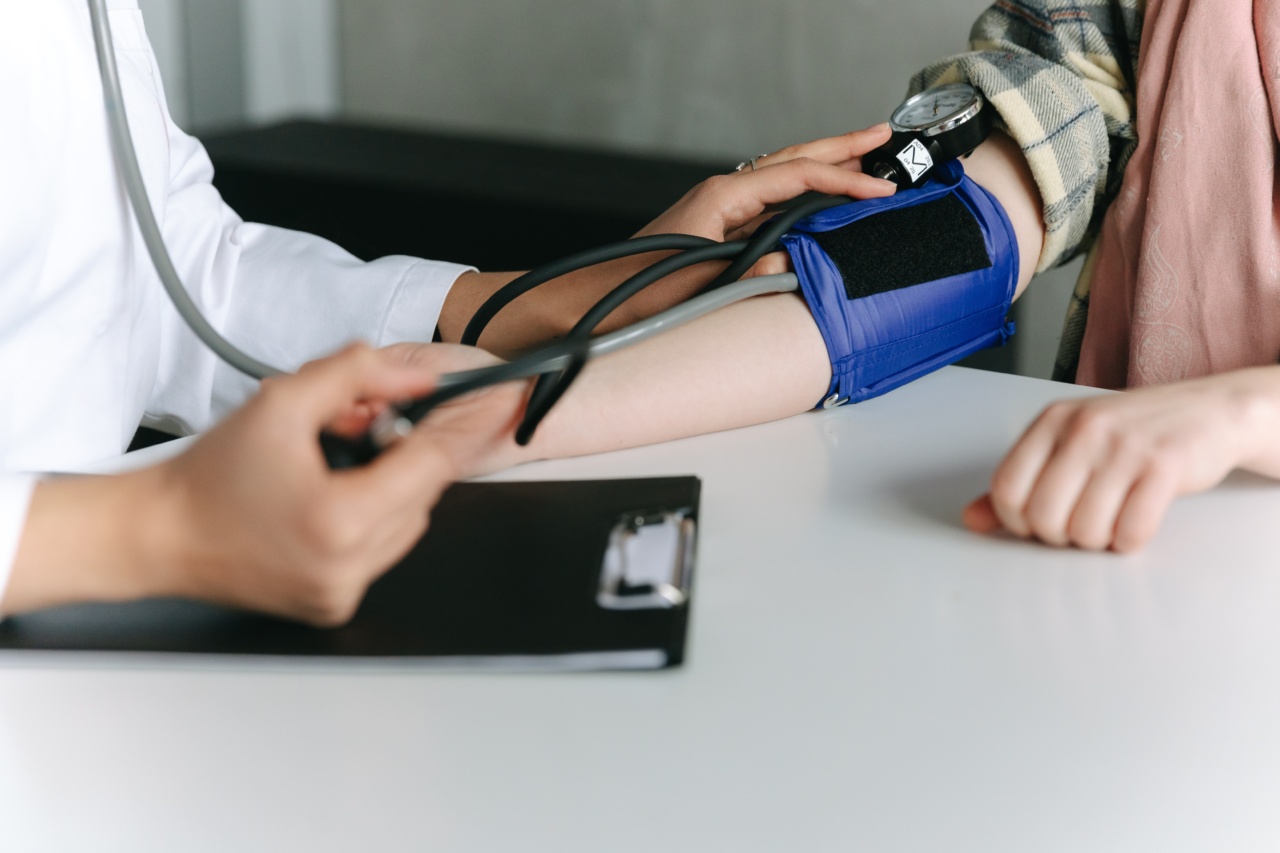High blood pressure, or hypertension, is a common condition that affects many individuals worldwide.
Hypertensive patients are advised to alter their lifestyles and avoid various foods and beverages that are known to increase blood pressure, such as coffee. Coffee is a popular drink consumed by many people worldwide, and its effects on hypertensive patients have been debated for years.
The aim of this article is to examine whether the consumption of coffee increases blood pressure in hypertensive patients.
What is Hypertension?
Hypertension is a chronic medical condition characterized by high blood pressure.
The heart pumps blood through the arteries and veins of the body, and when this blood flows with excessive force against the artery walls, it increases the pressure in the arteries, leading to hypertension. Hypertension is a significant risk factor for several cardiovascular diseases, including stroke, heart attack, and heart failure.
What is Coffee?
Coffee is a beverage prepared from roasted coffee beans. It is a stimulant that contains caffeine, a chemical compound that increases mental alertness and reduces fatigue. Coffee contains several antioxidants and other beneficial nutrients.
However, coffee also contains other compounds that can increase blood pressure and negatively impact cardiovascular health.
How does Coffee Affect Blood Pressure in Hypertensive Patients?
Coffee contains caffeine and several other compounds, including chlorogenic acid and catecholamines, that can increase blood pressure in hypertensive patients.
These compounds cause the blood vessels to narrow, increasing the resistance to blood flow and increasing blood pressure. The effect of coffee on blood pressure varies among individuals, depending on several factors, such as the dose of coffee, the coffee preparation method, and the individual’s age and health status.
Studies on Coffee and Blood Pressure in Hypertensive Patients
Several studies have investigated the effect of coffee consumption on blood pressure in hypertensive patients.
- A randomized controlled trial of 38 hypertensive patients found that consuming 250 ml of coffee increased their systolic blood pressure by an average of 11 mmHg, compared to consuming water. The study concluded that coffee consumption increases blood pressure in hypertensive patients.
- A review study of 18 randomized controlled trials found that coffee consumption increases blood pressure in hypertensive patients. The study concluded that coffee consumption should be limited in hypertensive patients.
- A cross-sectional study of 37,135 individuals found that coffee consumption increased blood pressure in hypertensive patients and also increased the risk of cardiovascular disease in this population.
Limitations of Coffee Studies in Hypertensive Patients
While several studies have shown that coffee consumption increases blood pressure in hypertensive patients, there are some limitations to these studies.
These studies are often small, and the effects of coffee on blood pressure are not consistent among individuals. Some research studies suggest that coffee consumption has health benefits, such as reducing the risk of type 2 diabetes and liver disease. These studies do not provide conclusive evidence that coffee is harmful to hypertensive patients.
Recommendations on Coffee Consumption in Hypertensive Patients
The American Heart Association recommends that hypertensive patients limit their caffeine intake to less than 200 mg per day, which is equivalent to one 12-ounce cup of coffee.
Hypertensive patients should also consult with their healthcare providers about their coffee consumption and other dietary habits that could affect their blood pressure.
Conclusion
Hypertensive patients should be cautious about their coffee consumption as it can increase blood pressure. The available evidence suggests that coffee consumption should be limited to less than 200 mg of caffeine per day in hypertensive patients.
However, more research is needed to determine the long-term effects of coffee consumption on hypertensive patients’ cardiovascular health.





























